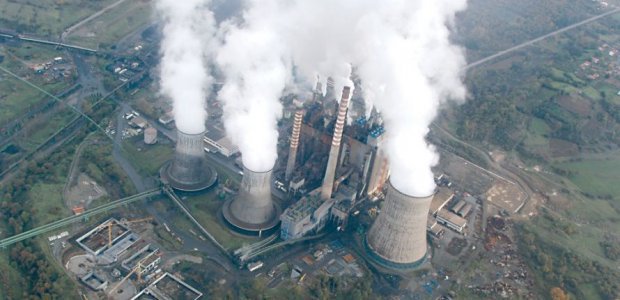With virtually all the details of Greece’s bailout-required sale of main power utility PPC units now ready, the market test to measure the level of investor interest in the package will take place in December, energy ministry officials have informed.
Government officials and European Commission Directorate-General for Competition authorities yesterday reached an agreement in Brussels on the sale list’s content, to include Meliti I, a construction permit for Meliti II, Megalopoli III and IV.
The energy ministry team will now finalize related legal texts over the weekend and present them to the country’s lenders on Tuesday.
Though Greek demands calling for lifespan extensions of PPC’s ageing Amynteo and Kardia units, as well as a reduction of electricity amounts offered to independent suppliers through the NOME auctions remain pending, these are not expected to block the agreement.
According to sources, the energy ministry’s secretary general Mihalis Veriopoulos, who is heading the Greek delegation in Brussels, has received positive feedback on the request for lifespan extensions of the ageing PPC units. The lenders’ view on the NOME cutback demand remains unclear.
The bailout-required sale’s outcome will depend on the level of offers to be made, as was highlighted by PPC boss Manolis Panagiotakis at an IENE (Institute of Energy for Southeast Europe) conference held yesterday.
A consultant will need to soon be hired to evaluate the units to be placed for sale. This will be tricky given the uncertainty of CO2 emission right costs in the future. Megalopoli IV, for example, has 14 years of operating time remaining. The evaluation will need to somehow factor in prospective CO2 emisson right costs.
The EU’s climate change policy has made investing in solid fuels unsustainable. PPC’s lignite unit production costs currently stand at levels of between 50 and 60 euros per MWh while, by 2030, this cost is expected to skyrocket to nearly 100 euros per MWh, as a result of higher CO2 emisson right costs anticipated.
In other words, investing in lignite units at present makes no sense, unless these can be purchased at low prices. It remains unknown as to whether the PPC board and shreholders, as well as the banks linked to the power utilty, will be prepared to let go of lignite units at low prices.





